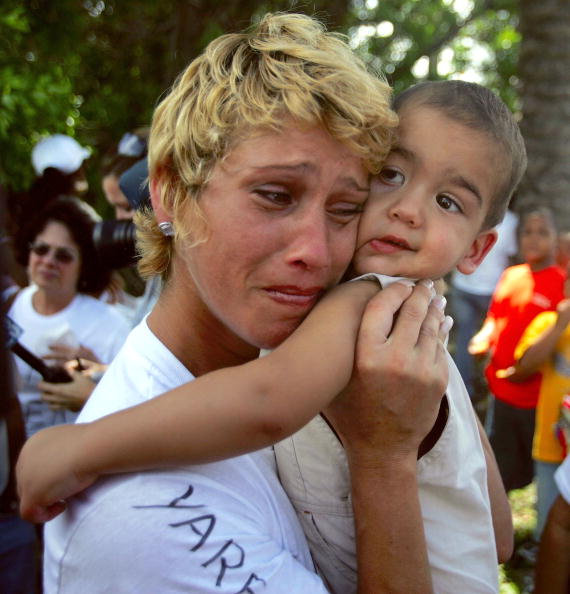-
Tips for becoming a good boxer - November 6, 2020
-
7 expert tips for making your hens night a memorable one - November 6, 2020
-
5 reasons to host your Christmas party on a cruise boat - November 6, 2020
-
What to do when you’re charged with a crime - November 6, 2020
-
Should you get one or multiple dogs? Here’s all you need to know - November 3, 2020
-
A Guide: How to Build Your Very Own Magic Mirror - February 14, 2019
-
Our Top Inspirational Baseball Stars - November 24, 2018
-
Five Tech Tools That Will Help You Turn Your Blog into a Business - November 24, 2018
-
How to Indulge on Vacation without Expanding Your Waist - November 9, 2018
-
5 Strategies for Businesses to Appeal to Today’s Increasingly Mobile-Crazed Customers - November 9, 2018
No deal on Cuban migrants stranded in Costa Rica
Of these, nearly 2,000 are waiting on the northern border, after Nicaragua refused to allow them passage, calling out riot police and the army to stop them.
Advertisement
A meeting between Central American officials and their counterparts from Ecuador, Colombia and Cuba broke down in squabbling Tuesday over how to deal with the problem of thousands of Cuban migrants stranded in Costa Rica.
“Unfortunately, even though there were 12 countries at the meeting, one country-Nicaragua-had nothing to offer and instead prevented us from arriving at a reasonable solution”, the Costa Rican minister said. Hundreds more arriving Cubans swell their number each day.
The more likely explanation to the border closing is that Nicaragua is acting on the behest of the Castro brothers, who want to create a massive humanitarian crisis in a hardball attempt to force the U.S.to revoke the Cuban Adjustment Act.
Gonzalez said: “I express my regret for the lack of results after this long day”.
Two days after the Sandinistas deployed troops and fired tear gas at the Cuban migrants, Cuba’s foreign ministry released a statement blaming the situation on the Cuban Adjustment Act, which the communist government says “stimulates irregular emigration from Cuba to the United States and is a violation of the letter and spirit of the migratory agreements in effect”.
Nicaragua, a Cuban ally, has accused Costa Rica, a pro-US country, of meddling in its “sovereignty” by providing the Cuban migrants with transit visas and demanding that they be allowed to travel through.
From Ecuador, they travelled north through Colombia and Panama to Costa Rica where they received visas allowing them to continue north.
Deputy Foreign Minister Denis Moncada said that Nicaragua will not tolerate the implementation of illegal policies.
“The Nicaraguan government… will not contribute to legitimizing illegal policy” Rosario Murillo Nicaraguan first lady and government spokeswoman said Tuesday.
He also blamed the United States for the situation, and demanded that Washington engage in “dialogue and respect” with Latin America and the Caribbean.
Given the current thaw in relations between Washington and Havana many fear that Cubans will soon lose their privileges upon reaching United States soil.
Nicaragua’s refusal to let the Cuban migrants through Nicaragua promptly caused Nicaragua’s neighbor, Costa Rica, to accuse Nicaragua of being obstinate.
Rebeca Croes holds her son Anthony Croes as she is overcome with emotion during a protest to try and bring her twin sister and other Cuban migrants being held on a U.S. Coast Guard cutter to the U.S. July 11, 2006 in Miami, Florida.
Advertisement
Foreign Minister Gonzalez called on the other governments to “move from rhetoric to action” and take urgent action to help the Cubans reach the United States through a humanitarian corridor.





























